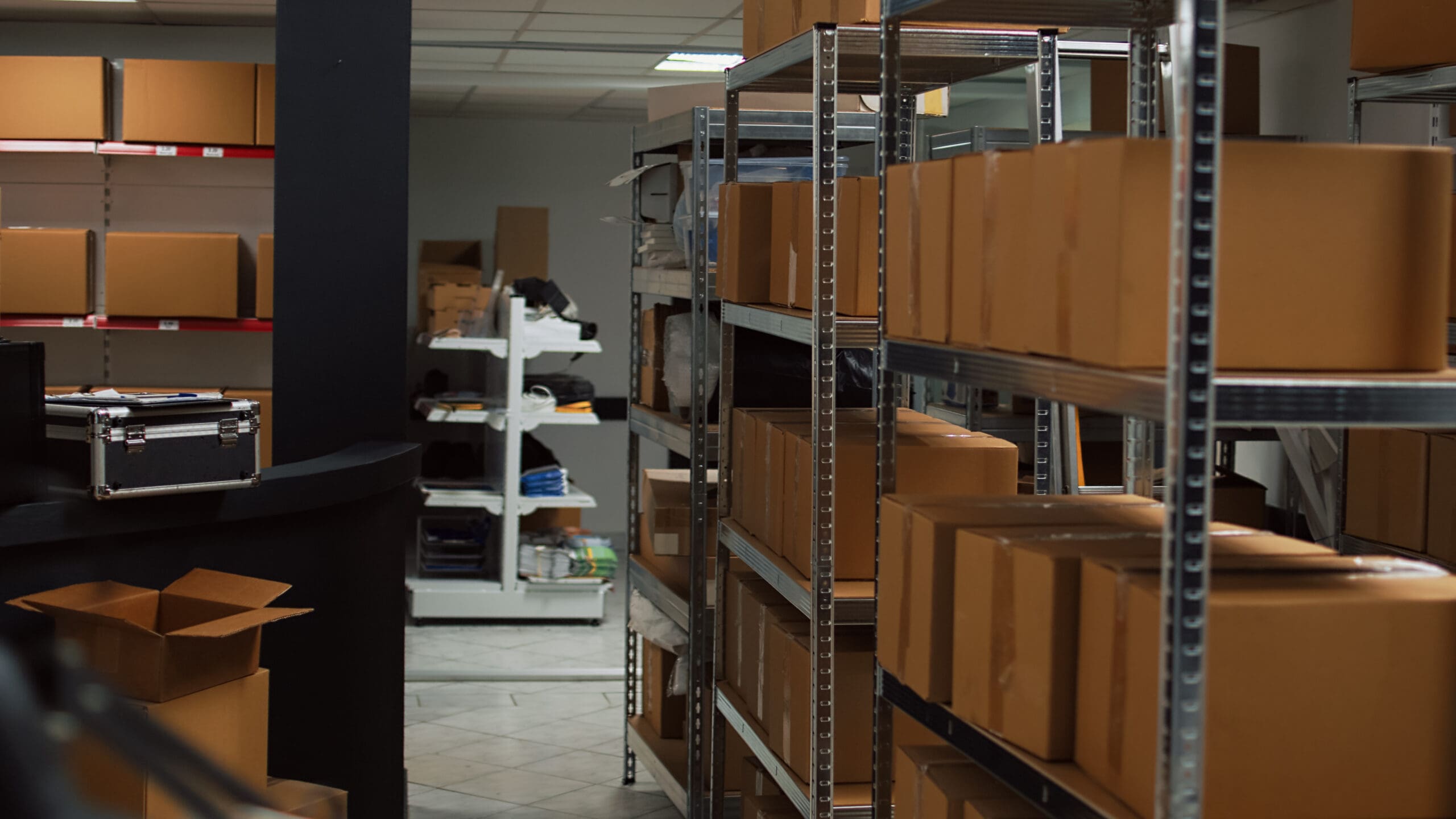While largely justified, the word “debt” carries a negative connotation. However, in order to grow, businesses would sometimes need to take out a loan to be able to invest in necessary expenses such as purchasing additional equipment, bolstering marketing and advertising efforts, as well as buying commercial property for expansion. And, when it comes to restocking inventory, it’s no different. In this article, we will discuss the ins and outs of inventory financing as well as alternative financing options to keep your inventory stocked during peak sales periods. Let’s dive right in!
How can an inventory financing loan help your business?
An inventory financing loan is a type of asset-based loan that allows businesses to leverage their inventory to acquire a business loan. This type of business loan may come in the form of a short-term loan or a line of credit that businesses can use to purchase inventory. Usually, inventory loans are used by small to medium-sized businesses as a short-term financing solution to replenish inventory during spells of high consumer demand. If you’re wondering how an inventory financing loan can help your business, check out some of its advantages below:
- Provide the necessary funding for inventory purchases
- Easier to qualify for compared to other types of business loans
- Enables a business to prepare for busy shopping seasons
- Allows a business to use inventory as collateral
- Prevents stockouts
Factors to consider before borrowing money for inventory purchases
Nowadays, businesses have a plethora of financing loans to choose from. Depending on the purpose, business owners can pick and choose loans that are designed for a specific business expense. For instance, commercial loans exist so that businesses can acquire new property for expansion projects. But before deciding on which type of business loan to apply for, it’s important for businesses to consider the different factors involved when taking out a loan.
Do you have a business plan?
One of the most common requirements when applying for any type of business loan is a business plan. A business plan showcases how knowledgeable you are in your chosen industry as well as conveys your plans for growth. It also gives your lender an idea about the foundation of your business and how sustainable your operations are. Expect your potential lender to look at your projections as well as other relevant financial documents to gauge whether you have the funds to pay back the loan.
How much funding do you need?
Before applying for a loan, it’s important to identify how much you can afford to borrow as every business has its own complexities and unique needs. Think about the amount that you can afford, consider the monthly payment, and, most importantly, review the total amount you’ll end up paying back.
Know your credit score
Your credit score tells your lender how risky you are as a borrower. Most financial institutions look at a business’ credit history as the main metric when deciding your creditworthiness. Lenders also use your credit score to determine what interest rate to give you. Remember, the higher your score, the more favorable your interest rates will be.
Look for a nice balance between rates, terms, and fees
A loan with a low interest rate is great. However, borrowers should also consider the terms and fees that come with it. Make sure to find an interest rate with sensible payment terms. After all, choosing the lowest interest rate wouldn’t make sense if you’re going to repay it for a longer period, right? In addition, borrowers should also ask their lenders about hidden fees to avoid paying more than what they have bargained for.
How to apply for an inventory loan?
In order to secure an inventory financing loan, a business must be able to meet the following criteria:
- Must be in business for at least one year
- Must be a product-based business
- Must have a reliable inventory management system
- Must be able to provide accurate financial statements
- Must be able to prove that the business is profitable
- Must be able to provide information about credit history
Disclaimer: By no means is this a comprehensive list of requirements you have to meet to qualify for an inventory loan. Requirements and qualifications would vary from one lender to another. Please do your research!
Can I borrow money for my inventory purchases with bad credit?
The short answer is yes, you can. If you currently have bad credit, an inventory loan is one of the few loans that you may qualify for. Contrary to popular belief, it is still possible for businesses with poor credit to qualify for additional business financing in the form of an inventory loan. The only downside is that lenders have full authority to take possession of your inventory if you become unable to pay back your loan. This standard practice is in place to protect lenders in case a borrower defaults on a loan.
What are the different inventory financing business loans?
There are two main types of inventory financing: an inventory term loan and an inventory line of credit. An inventory loan is granted as a lump sum while an inventory line of credit is offered as a revolving fund that can be accessed again as needed. But, unlike a line of credit, a borrower that has used all the funds from an inventory loan may need to go through the entire application process again to be able to get another round of funding.
What makes an inventory loan attractive to businesses is the accessibility it offers. Both types of inventory financing business loans help small to medium-sized businesses provide better customer experience by keeping their most popular items in stock during peak shopping seasons.
Alternatives to an inventory financing loan
Note that inventory business loans are just one way to finance inventory purchases. If you don’t think an inventory financing loan is right for your business, you should also consider:
Merchant cash advances
A merchant cash advance is a financing option that involves lenders granting cash advances to businesses in exchange for an agreed-upon percentage of future credit card sales. The advanced amount, payment terms, and factor rates are typically discussed and decided by the borrower and the lender before the cash advance is approved.
Business credit cards
A business credit card, like a line of credit, enables small businesses to access a revolving fund with a set limit. Before considering a business credit card, it’s important to note that since business credit cards are usually unsecured (which means they are not backed by collateral), it may come with higher rates and fees.
Crowdfunding
Crowdfunding is a method of raising money to finance projects and business ideas. Businesses that need capital may collect money from a large number of people through the use of third-party online crowdfunding platforms. This method lets businesses tap into a wider investor pool and enjoy a more flexible way to raise capital. If you’re seriously considering crowdfunding to fund your inventory financing needs, you should check out Kickfurther.
Can Kickfurther be a great option for inventory funding?
If you have exhausted other financing options, Kickfurther can be a great way to acquire additional funding for your inventory needs. Kickfurther is an online inventory funding platform that provides businesses the necessary funds that they cannot access through traditional sources. Kickfurther applies a unique twist on the crowdfunding phenomenon by inviting individuals to become backers whenever a business needs to replenish its inventory.
Individuals looking to earn money may choose which business to send their money to and how much money they are willing to give. The business will then offer a rate of return and a specific repayment period to the buyers. After an agreement has been made, businesses are required to submit sales reports and present accurate documentation that details the payment for each individual for every inventory sold.
Wrapping Up
When studying different business loans, the best tip that we could give you is to shop around for the most favorable rates possible. However, don’t focus too much on the interest rate. Rather, find the sweet spot between a reasonable interest rate and a convenient repayment period. At the end of the day, taking out a loan is a huge financial decision – wouldn’t you feel more accomplished if you have done everything you could do to get the best possible deal for you and your business?








